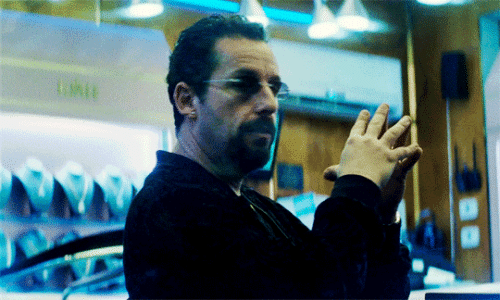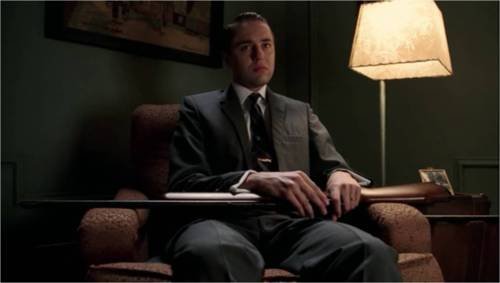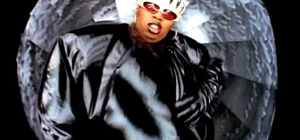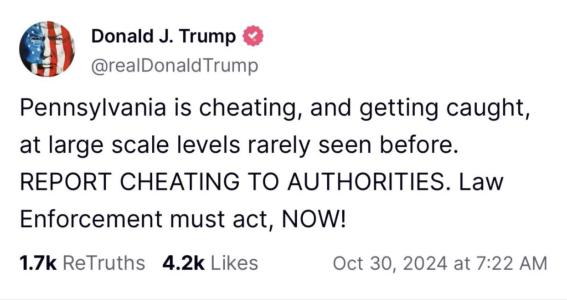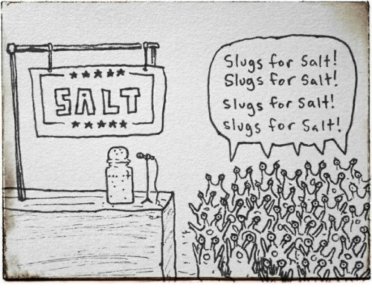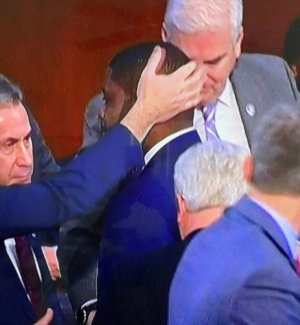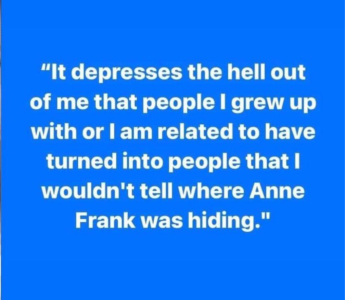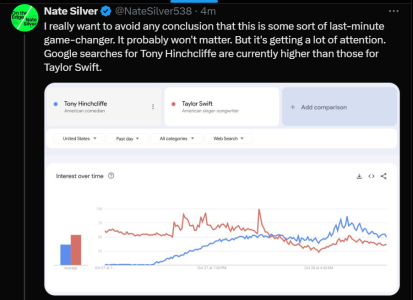Two common causes of death for contemporary Russians are heart attacks and falling to one’s end from great heights. In some cases, these fatal tendencies even have something to do with high cholesterol or tragic mishaps.
In 2008, a clothing salesman called Semyon Korobeinikov lost his footing on a balcony somehow and tumbled to his demise.
A year later, Korobeinikov was named as the purchaser of Universal Savings Bank, a dubious financial institution that had been fingered by investigators as a way-station for stolen Russian money. Only he didn’t buy the bank. It was part of a government ruse to exonerate the true owner, an ex-convict called Dmitry Klyuev, a reputed mob boss implicated in a series of massive tax frauds that cost Russian citizens $1 billion
Korobeinikov might have therefore borne witness against Klyuev, if he wasn’t conveniently already 6 feet under.
In 2009, in a related case, Russian tax attorney Sergei Magnitsky was beaten to death by eight prison guards, according to a report published by then-Russian President Dmitry Medvedev’s own human rights commission. The Kremlin claimed he died of a coronary. Then it put him on trial posthumously for tax evasion.
The case prompted U.S. anti-corruption and human rights legislation, known as the Magnitsky Law, which put the Russian government under Vladimir Putin on notice that it could not always get away with such abuses.
Magnitsky was killed by a hybridized state-mafia organization for unearthing a $230 million tax fraud perpetrated against the Russian people. The mob had colluded with the same cops supposed to investigate the crime, tax officials who processed it, and a host of compromised judges in various jurisdictions tasked with covering it up. They were all members of the Klyuev Group, and many are now sanctioned under the Magnitsky Law.
In 2012, Alexander Perepilichny, a former member of the Klyuev Group, dropped dead while jogging in his adoptive home of Surrey, England. There was no cause of death stated, but the assumption by the British coroner’s initial finding was that nothing looked suspicious, even though Perepilichny was a healthy 44-year-old with no known chronic or debilitating ailments.
Then Monique Simmonds, a researcher at the Royal Botanic Gardens at Kew, hired by the coroner at the behest of Perepilichny’s life insurance company, uncovered traces of a rare and toxic plant, gelsemium, in the victim’s stomach.
Gelsemium, as it turns out, does not grow in the verdant climes of Surrey. It is only found in China, where it is a favored poison of assassins. Russian hitmen, too, have been known to access the flower’s quiet, lethal capability.
At the time of his death, Perepilichny had been helping the Swiss government locate and freeze chunks of the missing $230 million, some of which, the U.S. government concluded, wound up in Manhattan real estate and American banks.
In an ongoing asset forfeiture and money-laundering case initiated by the U.S. District Court for the Southern District of New York, the alleged vehicle by which these dirty assets were washed clean was a Cyprus-registered company called Prevezon Holdings Ltd. (The U.S. attorney behind the case was Preet Bharara, fired by the Trump administration after refusing to resign.)
The Daily Beast has published half a dozen stories about United States v. Prevezon, including its star-studded and ever-evolving cast of characters.
So, now we come to the case of Nikolai Gorokhov, a lawyer entangled in the Prevezon case as a verification witness for the Justice Department who can expertly identify and authenticate Russian financial documents.
Gorokhov had intimate knowledge of the literature connected with the Magnitsky affair because he has represented the murdered lawyer’s justice-seeking wife and mother for six years.
On Wednesday, he was due to testify in the Moscow City Appeals Court to argue against another court’s refusal to re-investigate the conspiracy that Magnitsky uncovered, based on new evidence. That evidence suggested a former investigative head of the Russian Interior Ministry was fabricating or revising old files related to the case, and doing so at the behest of the Klyuev Group.
But on Tuesday, the 53-year-old Gorokhov plummeted from the fourth floor of his apartment building in Moscow. He was trying to move a bathtub to an apartment at the top of the building, according to the Russian press.
Curiously, first on the scene to report this as an accident involving a renovation gone wrong was LifeNews, a Russian outlet closely connected to the Russian security services and famous for inventing false news stories about the war in Ukraine and the murder of opposition leader Boris Nemtsov.
GET THE BEAST IN YOUR INBOX!
Enter your email address
SUBSCRIBE
“There’s still a lot of missing pieces to the whole story, but what we know for sure is that he was onto some of the most sensitive issues that the Russian government cares about in relation to the Magnitsky case,” Bill Browder, Magnitsky’s former client, told The Daily Beast in a phone call from London. “A lot of people weren’t happy with what he was doing in the Prevezon case.”
Gorokhov, Browder said, is currently in the intensive-care unit at Botkin Hospital with severe head trauma, although his injuries no longer appear life threatening.
So, we may yet learn if he fell or was pushed. Or if he will get his day in court as a witness for the U.S. government.






 I can't wait to see what he has up his sleeves for healthcare.
I can't wait to see what he has up his sleeves for healthcare.






